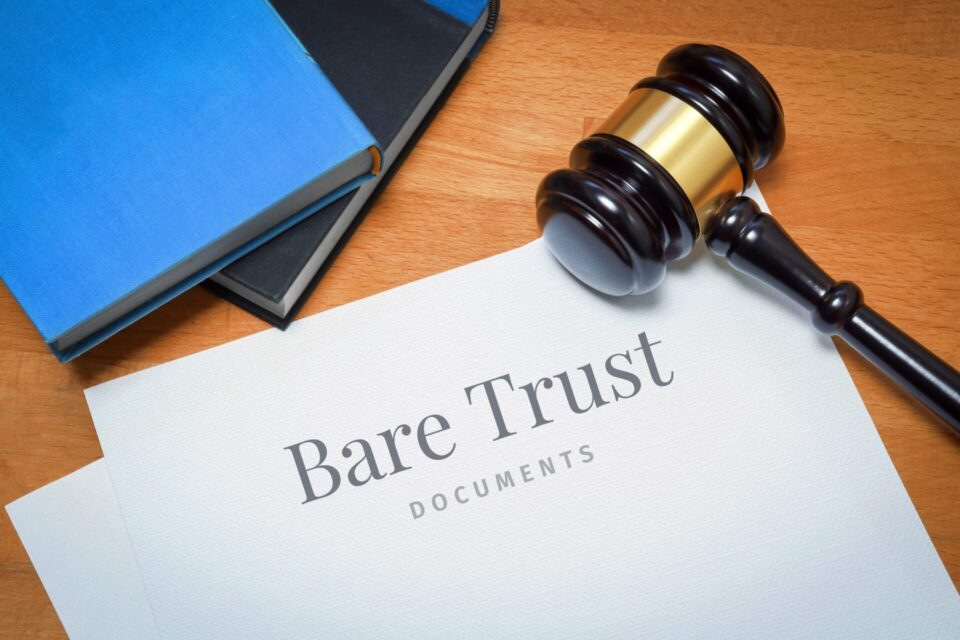What’s new on the 2019 tax return?
March 5, 2020What to do when you can’t pay your tax bill
March 5, 2020Between now and June 15, more than 26 million income tax returns for the 2019 tax year will be filed by individual Canadian taxpayers. The vast majority of those returns will be filed by electronic means, through the website of the Canada Revenue Agency (CRA). A minority will be filed in hard copy, using the paper return, and an even smaller number will be filed using a touch-tone telephone.
While Canadians have a choice of method when it comes to filing their annual return, the deadline by which those returns must be submitted to the CRA isn’t a matter of choice. For the vast majority of Canadian taxpayers, the income tax return for 2019 must be filed with the CRA on or before Thursday April 30, 2020. Self-employed taxpayers (and their spouses) have a little more time, as their returns must be filed with the CRA on or before Monday June 15, 2020,
Another deadline for which there is no leeway is the date by which all taxes payable for 2019 must be paid. That date, for all taxpayers (self-employed and otherwise) is Thursday April 30, 2020. Where payment isn’t made in full on or before that date, interest charges are levied beginning on May 1.
This year, there are five possible methods by which individual taxpayers can file a return for 2019 – EFILE, NETFILE, TELEFILE, paper filing or File My Return (telephone filing). While the filing and payment deadlines are the same, regardless of the filing method used, there are rules and requirements which apply to each such method, as follows.
E-FILE
Based on filing statistics compiled by the CRA, E-FILE is the filing method most often utilized by Canadian taxpayers as, in 2019, just under 60% of individual income tax returns were filed using E-FILE.
There are likely a couple of reasons for that – returns filed by electronic means, through the CRA website, are processed more quickly than returns which are paper filed – a particular benefit to the taxpayer who is expecting a tax refund. As well, where a taxpayer chooses E-FILE, a third party – usually an accountant or tax return preparer – files the return on the taxpayer’s behalf. And, almost always, the E-FILE service provider also prepares the return which they are filing. Consequently taxpayers who use E-FILE don’t have to either prepare or file their own return (although, like all taxpayers, they are responsible for the information provided and claims made on that return).
The majority of Canadians who would rather have someone else deal with the intricacies of the Canadian tax system on their behalf can find information about E-FILE for 2019 tax returns on the CRA website at http://www.cra-arc.gc.ca/esrvc-srvce/tx/ndvdls/fl-nd/menu-eng.html That site will also provide a listing (searchable by postal code) of authorized E-FILE service providers across Canada, and that listing can be found at https://apps.cra-arc.gc.ca/ebci/efes/epcs/prot/ntr.action.
NETFILE
Taxpayers who want to enjoy the benefits of filing their tax return electronically but who are willing and able to prepare the return on their own can do so using NETFILE. There are a substantial number of Canadian taxpayers who fit that description – In 2019, just over 9 million individual income tax returns, representing 30% of such returns filed, were submitted using NETFILE.
Most returns filed by individual residents of Canada will be eligible for NETFILE, although there are some exceptions – for instance, a return for someone who declared bankruptcy in 2018 or 2019 cannot be filed using NETFILE. Information on the NETFILE service for 2019 tax returns, including eligibility requirements, can be found on the CRA website at http://www.cra-arc.gc.ca/esrvc-srvce/tx/ndvdls/netfile-impotnet/menu-eng.html.
A return can be filed using NETFILE only where it is prepared using tax return preparation software which has been approved by the CRA. While such software can be found for sale just about everywhere at this time of year, approved software which can be used free of charge is also available. A listing of free and commercial software approved for use in preparing individual tax returns for 2019 can be found on the CRA website at https://www.canada.ca/en/revenue-agency/services/e-services/e-services-individuals/netfile-overview/certified-software-netfile-program.html.
Paper filing
A much smaller (although still substantial) number of returns were filed in 2019 by taxpayers completing and submitting the tax return form on paper. Specifically, 3.6 million returns, representing 12% of all individual income tax returns, were paper filed.
The CRA website indicates that individuals who paper-filed their 2018 tax return will be sent a copy of the 2019 Income Tax Return and Guide package by mail. Those who do not receive such a package by mail but want to obtain hard copy of the 2019 Income Tax Return and Guide package have a few options.
First, copies of the 2019 tax return and guide package can be ordered online, at https://apps.cra-arc.gc.ca/ebci/cjcf/fpos-scfp/pub/rdr?searchKey=ncp%20, to be sent to the taxpayer by regular mail. Taxpayers can also download and print hard copy of the return and guide from the CRA website at https://www.canada.ca/en/revenue-agency/services/forms-publications/tax-packages-years/general-income-tax-benefit-package.html. Finally, the CRA has made a “limited” number of tax packages available at Service Canada offices and post offices across the country.
File My Return
In 2019, the CRA reinstated, for some taxpayers, a tax return filing option that was previously discontinued. For several years, taxpayers with simple returns had the option of filing their returns using a touch-tone telephone. That option, now called File my Return service will be available again this year to eligible Canadians with low or fixed incomes whose situations remain unchanged from year to year, even if they have no income to report, so that they receive the benefits and credits to which they are entitled. That option is, however, available only to taxpayers who are advised by the CRA of their eligibility for the File my Return service, and those individuals will have been notified by letter during the month of February 2020.
Free Tax Return Preparation Clinics
Finally, taxpayers who are not comfortable preparing their own returns, but for whom the cost of engaging a third party to do so is a financial hardship, have another option. During tax filing season, there are a number of Community Volunteer Tax Preparation Clinics where taxpayers can have their returns prepared free of charge by volunteers. A listing of such clinics (which is regularly updated during tax filing season) can be found on the CRA website at https://www.canada.ca/en/revenue-agency/campaigns/free-tax-help.html.
The information presented is only of a general nature, may omit many details and special rules, is current only as of its published date, and accordingly cannot be regarded as legal or tax advice. Please contact our office for more information on this subject and how it pertains to your specific tax or financial situation.

